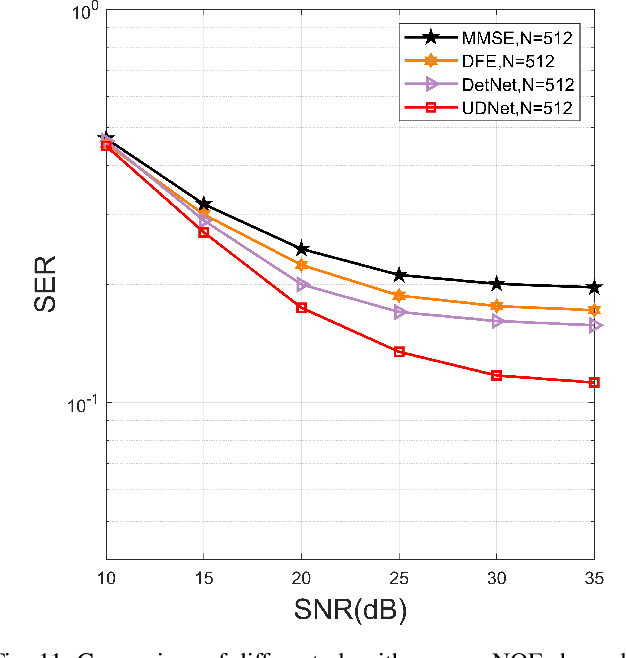Cui Yang
Edge-Enabled VIO with Long-Tracked Features for High-Accuracy Low-Altitude IoT Navigation
May 10, 2025Abstract:This paper presents a visual-inertial odometry (VIO) method using long-tracked features. Long-tracked features can constrain more visual frames, reducing localization drift. However, they may also lead to accumulated matching errors and drift in feature tracking. Current VIO methods adjust observation weights based on re-projection errors, yet this approach has flaws. Re-projection errors depend on estimated camera poses and map points, so increased errors might come from estimation inaccuracies, not actual feature tracking errors. This can mislead the optimization process and make long-tracked features ineffective for suppressing localization drift. Furthermore, long-tracked features constrain a larger number of frames, which poses a significant challenge to real-time performance of the system. To tackle these issues, we propose an active decoupling mechanism for accumulated errors in long-tracked feature utilization. We introduce a visual reference frame reset strategy to eliminate accumulated tracking errors and a depth prediction strategy to leverage the long-term constraint. To ensure real time preformane, we implement three strategies for efficient system state estimation: a parallel elimination strategy based on predefined elimination order, an inverse-depth elimination simplification strategy, and an elimination skipping strategy. Experiments on various datasets show that our method offers higher positioning accuracy with relatively short consumption time, making it more suitable for edge-enabled low-altitude IoT navigation, where high-accuracy positioning and real-time operation on edge device are required. The code will be published at github.
Model-Driven Based Deep Unfolding Equalizer for Underwater Acoustic OFDM Communications
Jul 10, 2022



Abstract:It is a challenge to design a equalizer for complex time-frequency doubly-spread channels. In this paper, we employ the deep learning (DL) architecture by that unfolding an existing iterative algorithm to build an equalizer named underwater deep network (UDNet) for underwater acoustic (UWA) orthogonal frequency division multiplexing (OFDM) signal. Considering constellation recognition is a classification issue, the one-hot coding and softmax layer are adopted in the proposed network to achieve the minimum Kullback-Leibler (KL) criterion. Simultaneously, we introduce a sliding structure based on the banded approximation of the channel matrix to reduce computational complexity and aid UDNet performs well for different length signals without changing the network structure. Furthermore, we apply the environment of the true UWA channel as much as possible, including utilize measured doubly-spread UWA channel and offshore background noise to evaluate the UDNet. Experimental results show that in the case of 10-35dB SNR, UDNet achieves better performance with low computational complexity.
 Add to Chrome
Add to Chrome Add to Firefox
Add to Firefox Add to Edge
Add to Edge